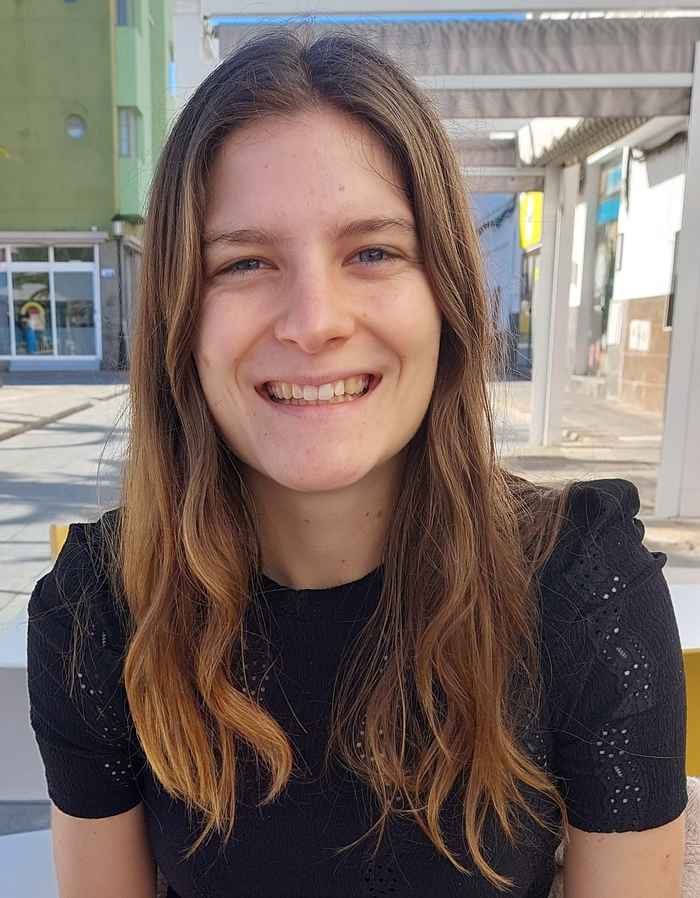Eveline Tiekink
Visit: 2 months

Aromaticity is an intriguing concept in chemistry as it is both undefinable and so often invoked to explain the structure and reactivity of molecules. It is generally associated with the inert reactivity and, thus, extraordinary stability of molecules caused by the cyclic p-electron delocalization. Recently, researchers have been developing new methods to induce antiaromaticity to destabilize molecules and enhance their reactivity. Since (anti)aromaticity cannot be directly experimentally measured, many indicators have been developed that claim to capture the degree of (anti)aromaticity in a particular molecular system. Currently, there exists no direct and physically sound model to link the degree of (anti)aromaticity and reactivity.
In this project, we aim to provide a causal link between (anti)aromaticity and reactivity by combining a fundamental molecular orbital (MO) model, in conjunction with advanced tools such as our energy decomposition analysis combined with state-of-the-art aromaticity indicators. We propose to study archetypal molecular systems that span the entire (anti)aromaticity spectrum from antiaromatic to aromatic and determine if (anti)aromaticity is the controlling factor behind accelerated reactivity or if maybe there is another physical factor at play.